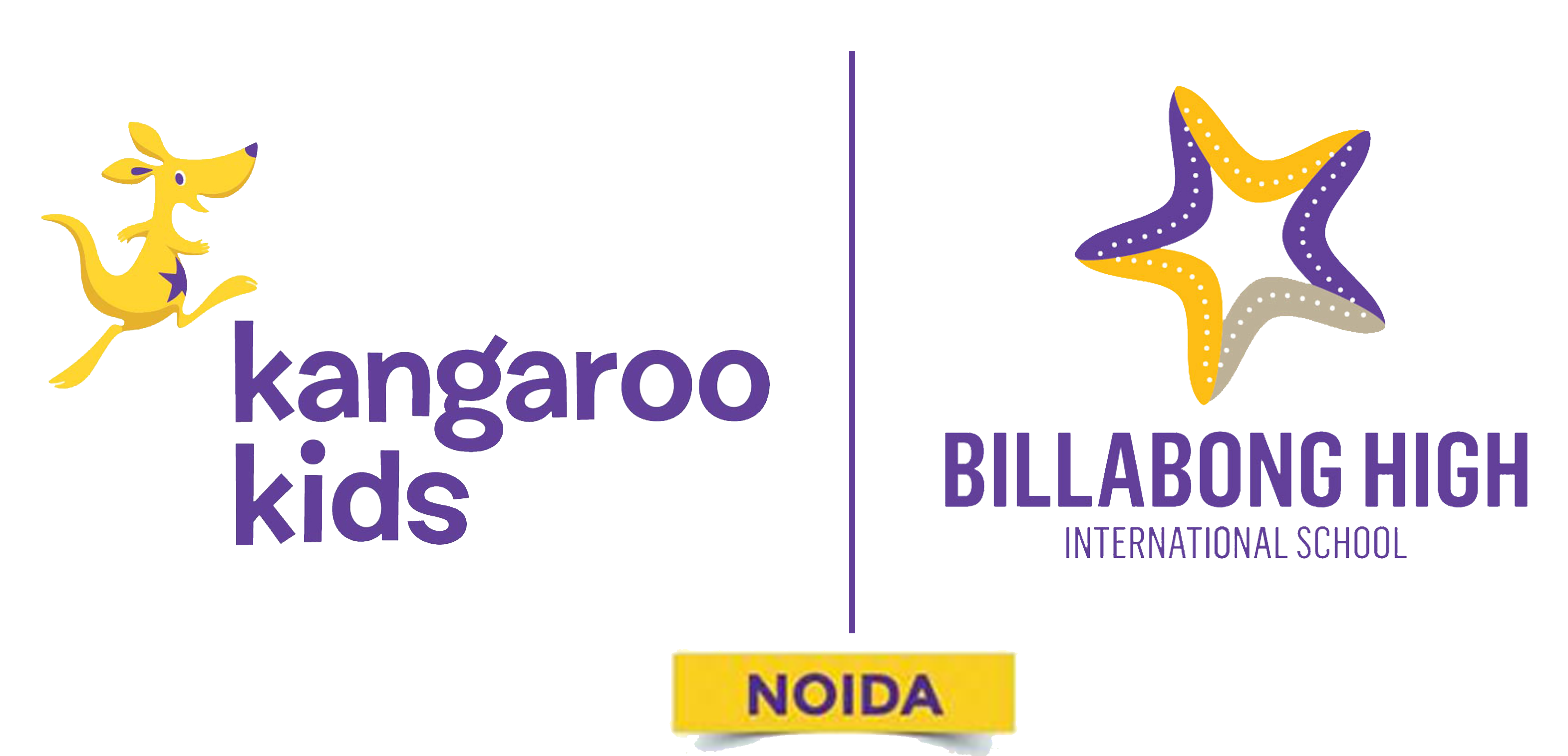Introduction:
Selecting the right curriculum is one of the most crucial decisions parents make when enrolling their children in a school. At Billabong High School, the Best School in Noida Extension where a well-structured curriculum shapes a child’s academic foundation, cognitive development, and future career choices. With an array of options, including CBSE, ICSE, IB, and Cambridge, it becomes essential to understand how top institutions distinguish themselves through their academic frameworks.
Understanding Different Curricula
Each curriculum follows a unique educational philosophy, catering to varied learning needs and career aspirations. Parents should consider factors such as subject depth, assessment methodologies, and global recognition.
- CBSE (Central Board of Secondary Education): A structured and national-level curriculum that focuses on conceptual learning and is widely recognized across India.
- ICSE (Indian Certificate of Secondary Education): Known for its comprehensive syllabus, it emphasizes English proficiency and application-based learning.
- IB (International Baccalaureate): A globally recognized curriculum promoting research-driven learning, analytical thinking, and holistic development.
- Cambridge International Curriculum: Offers an international perspective, focusing on independent learning and critical thinking skills.
Understanding these differences enables parents to select an academic path that aligns with their child’s future aspirations.
How the Best Schools Excel in Curriculum Delivery
Top institutions differentiate themselves by not just offering a variety of curriculums but also implementing them effectively through innovation, technology, and holistic development.
1. Balanced Integration of Academics and Life Skills
Academic excellence goes hand in hand with life skills development. Leading institutions incorporate:
- Experiential learning through projects, case studies, and simulations.
- Soft skills training, including communication, teamwork, and leadership.
- Critical thinking and problem-solving exercises embedded in daily lessons.
This approach ensures that students are prepared for both academic excellence and real-world challenges.
2. Qualified and Experienced Faculty
A well-trained teaching faculty is instrumental in curriculum execution. Key features of faculty excellence include:
- Subject-matter expertise with continuous professional development.
- Training in innovative teaching methodologies like blended learning.
- Personalized mentoring for students needing additional academic support.
Top institutions invest heavily in teacher training to enhance the effectiveness of curriculum delivery.
3. Technology-Driven Learning
In the digital age, technology plays a vital role in curriculum enhancement. Leading schools integrate:
- Smart Classrooms: AI-powered interactive boards that enhance engagement.
- Virtual Labs: Hands-on learning experiences in STEM subjects without physical constraints.
- AI-Based Assessment Tools: Personalized learning plans based on students’ progress and strengths.
Technology-driven education fosters deeper understanding and improved retention of concepts.
4. Global Exposure and International Affiliations
A strong academic program is complemented by global exposure. Many leading institutions offer:
- Student exchange programs: Collaborations with international schools.
- Foreign language training: Preparing students for global career opportunities.
- International Competitions: Participation in Olympiads, Model UNs, and hackathons.
These initiatives prepare students for a globalized world while enriching their academic experience.
5. STEM and Innovation-Based Learning
A robust curriculum includes a strong focus on science, technology, engineering, and mathematics (STEM). The best institutions integrate:
- AI and Robotics Labs: Hands-on exposure to emerging technologies.
- Coding and Programming Courses: Preparing students for the digital future.
- Entrepreneurship and Innovation Programs: Encouraging problem-solving through startup ideas and business models.
Encouraging students to engage in practical, research-oriented learning ensures future readiness in a rapidly evolving job market.
6. Personalized Learning Approaches
Recognizing that every child has unique learning needs, top institutions implement:
- Individualized lesson plans: Adaptive teaching based on learning pace.
- Counseling and academic guidance: Addressing student strengths and weaknesses.
- Special needs education: Inclusive classrooms supporting differently-abled students.
This ensures that every student receives the attention required to excel academically.
7. Focus on Extracurricular and Co-Curricular Activities
Beyond academics, a well-rounded curriculum includes:
- Performing Arts and Music: Enhancing creativity and self-expression.
- Sports Facilities: Encouraging physical fitness and teamwork.
- Community Engagement and Leadership Programs: Developing a sense of responsibility and civic awareness.
These activities contribute to personality development and leadership skills, making students well-rounded individuals.
8. Parental Involvement and Transparent Communication
A strong parent-school partnership enhances the effectiveness of curriculum delivery. Leading institutions ensure:
- Regular Parent-Teacher Meetings (PTMs): Keeping parents informed about academic progress.
- Online Portals for Progress Tracking: Providing real-time updates on student performance.
- Workshops and Webinars for Parents: Equipping parents with strategies to support learning at home.
Transparent communication fosters trust and helps in creating a supportive learning environment.
Future-Readiness: Preparing Students for Higher Education and Careers
Institutions that stand out in curriculum implementation focus on long-term student success. They offer:
- Career Counseling Services: Guiding students on higher education choices.
- Internships and Industry Interactions: Bridging the gap between academics and real-world applications.
- Scholarship and University Placement Assistance: Facilitating admissions to top universities worldwide.
By providing a forward-looking education, these institutions ensure that students are equipped for future academic and professional endeavors.
Conclusion
Choosing the right curriculum is about more than just academic subjects—it’s about holistic growth, future readiness, and skill development. At Billabong High School, the Best School in Noida Extension where the institutions distinguish themselves through personalized learning, technological advancements, global exposure, and strong parent engagement. By prioritizing these factors, parents can make an informed decision to provide their children with an education that not only meets academic standards but also prepares them for a dynamic future.
Best School in Noida Extension, School in Noida Extension

